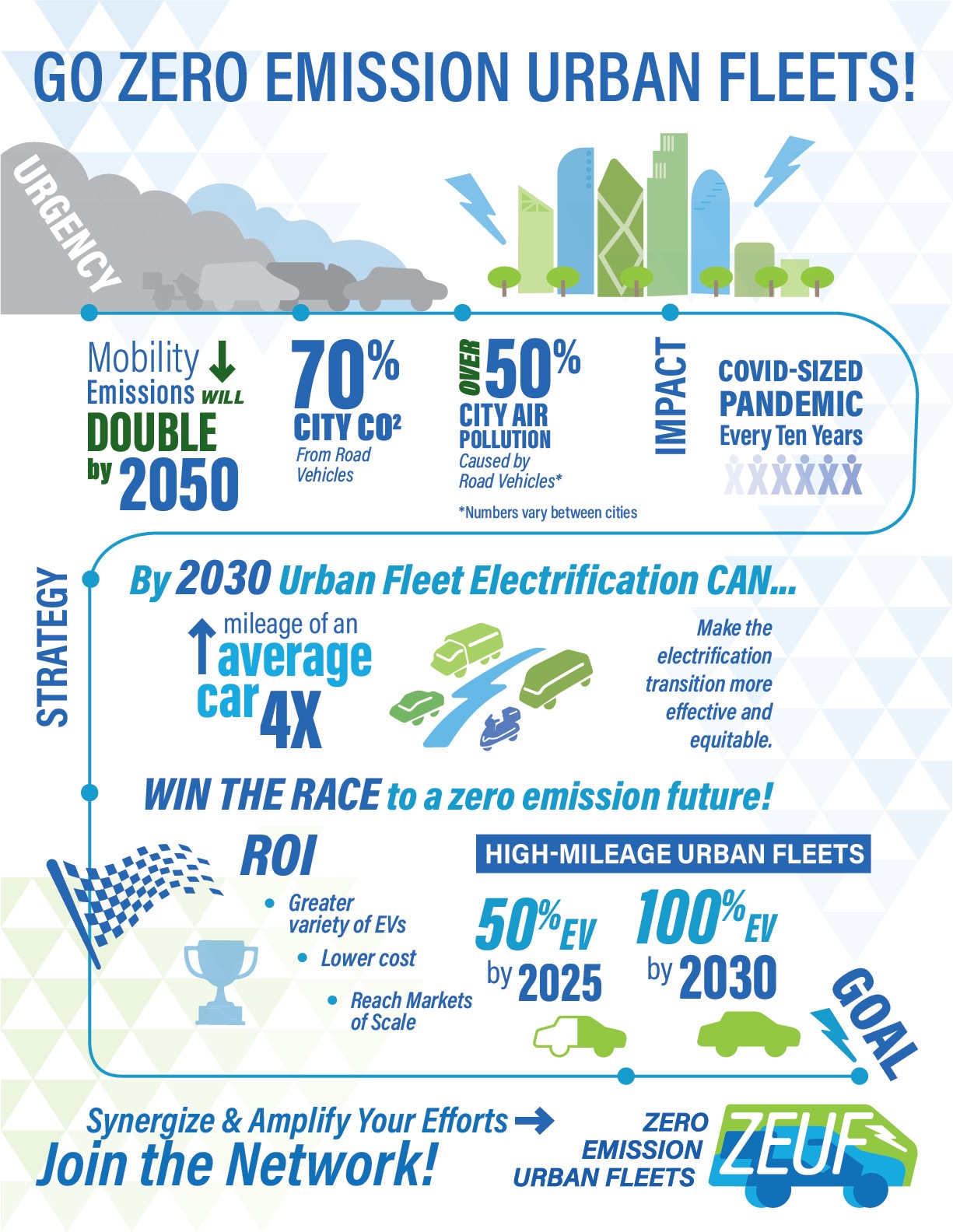New EU law requires fast-charging stations at every 60 kilometers by the end of 2025

The EU has passed a new law requiring fast-charging stations to be installed every 60 kilometers along highways by the end of 2025.
Image: Pexels/Rathaphon Nanthapreecha
Paige Bennett
Writer, EcoWatchExplore and monitor how Mobility is affecting economies, industries and global issues
Stay up to date:
Mobility
- The EU has passed a new law requiring fast-charging stations to be installed every 60 kilometers along highways by the end of 2025.
- The law also requires that the charging stations be interoperable, meaning that they can be used by all electric vehicles, regardless of the manufacturer.
- The EU has set a goal of having 1 million public charging points by 2025 and 3 million by 2030.
- The EU is the world's largest market for electric vehicles, and the new law is expected to help boost sales of EVs in the region.
The Council of the EU has passed a new law to add more fast-charging stations and alternative fuel stations throughout the EU. As part of the new regulations, the EU will require fast-charging stations, with a total output of 400 kW for cars and vans and 600 kW for heavy-duty vehicles, to be installed every 60 kilometers (about 37 miles) along highways by the end of 2025.
The new law on alternative fuels infrastructure is meant to greatly reduce the carbon footprint of transportation in Europe and contributes to the Fit for 55 goal to reduce emissions in the EU by 55% or more by 2030. As The Verge reported, transportation makes up about 25% of all greenhouse gas emissions in the EU.
“The new law is a milestone of our ‘Fit for 55’ policy providing for more public recharging capacity on the streets in cities and along the motorways across Europe,” Raquel Sánchez Jiménez, Spanish Minister of Transport, Mobility and Urban Agenda, said in a statement. “We are optimistic that in the near future, citizens will be able to charge their electric cars as easily as they do today in traditional petrol stations.”
How is the World Economic Forum helping to scale vehicle electrification?
The law requires fast-charging stations for electric vehicles along main highways that are part of the the trans-European transport (TEN-T) network by 2025, and these stations should have at least one fast-charger with 150 kW or greater output.
Recharging stations with a total output of 600 kW, including at least one charger with a minimum 150kW output, for heavy-duty EVs must be placed every 60 kilometers in the core network of TEN-T and every 100 kilometers (about 62 miles) in the larger TEN-T network by 2025. The charging stations should cover the complete TEN-T network by 2030, according to the law.
By 2030, hydrogen fuel stations will need to be installed every 200 kilometers (about 124 miles) along the TEN-T core network and in all urban nodes, or urban areas that include parts of the TEN-T network’s transportation infrastructure.
The charging and alternative fuel stations should offer easy payment options, such as contactless payments or payment by card, without requiring subscriptions. Transparency is a key component of the law, with pricing, availability and wait times made clear to customers under the new rules.
In addition to the rules on recharging and refueling stations for cars, vans and heavy-duty vehicles, the law requires some maritime ports, depending on whether they meet a minimum number of large passenger or container vessels, to offer shore-side electricity by 2030. It also mandates that airports must offer electricity for stationary aircraft at all gates by the 2025 deadline and at remote stands by 2030.
The EU already offers a significant number of fast-charging stations, with more than 70,000 stations as of 2022, a 55% increase from 2021, according to the International Energy Agency. Germany, France and Norway lead the charge with the highest numbers of fast chargers. With the new legislation, added fast chargers with transparency on pricing and availability could help reduce range anxiety and encourage more people to switch to electric vehicles.
Don't miss any update on this topic
Create a free account and access your personalized content collection with our latest publications and analyses.
License and Republishing
World Economic Forum articles may be republished in accordance with the Creative Commons Attribution-NonCommercial-NoDerivatives 4.0 International Public License, and in accordance with our Terms of Use.
The views expressed in this article are those of the author alone and not the World Economic Forum.
Related topics:
Forum Stories newsletter
Bringing you weekly curated insights and analysis on the global issues that matter.
More on Geographies in DepthSee all
Kaiser Kuo
June 19, 2025
Aimée Dushime
April 18, 2025
Samir Saran and Anirban Sarma
April 17, 2025
Nada AlSaeed
April 16, 2025
Zhang Xun and Vee Li
April 8, 2025
Abdulwahed AlJanahi
March 3, 2025






